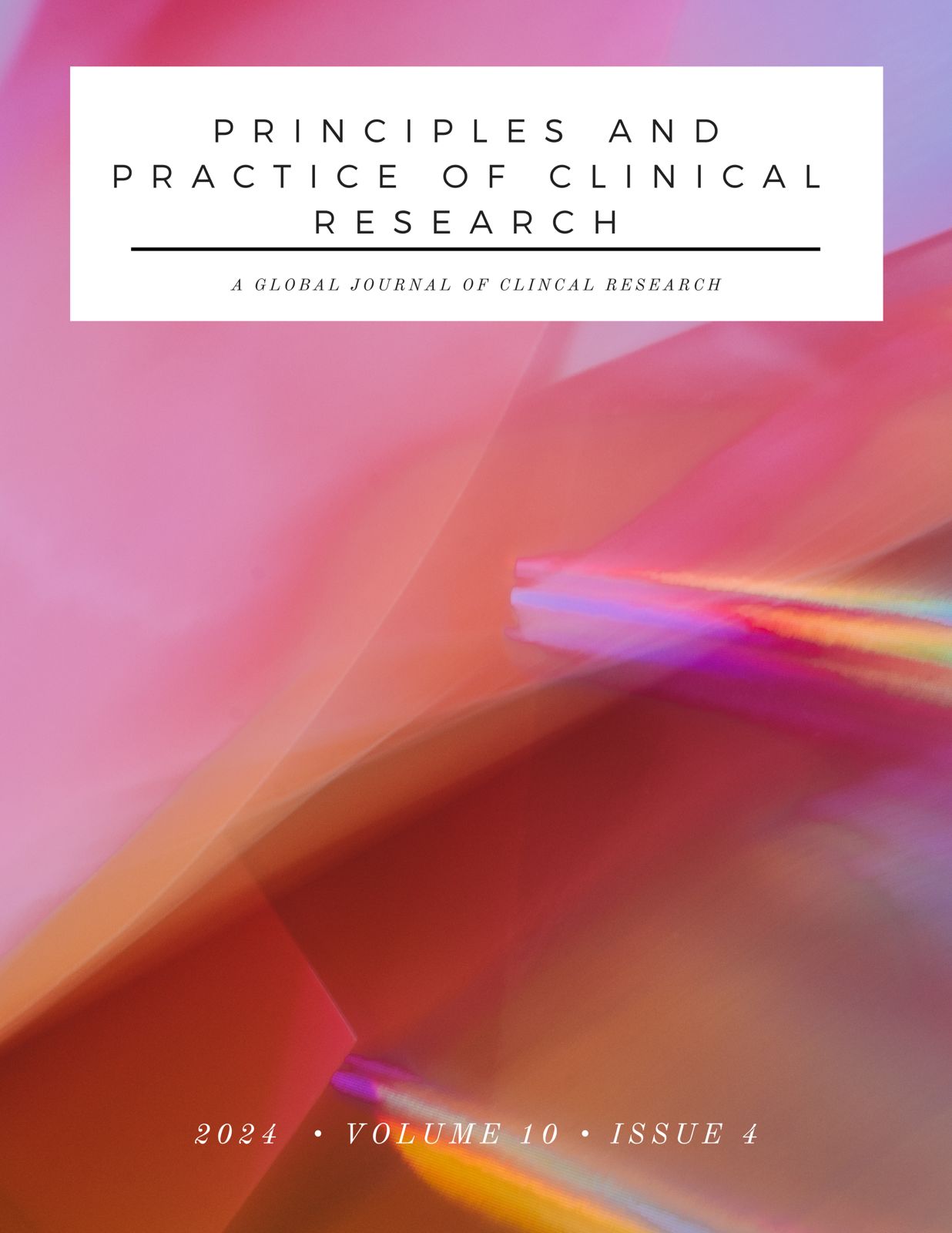Impact of Music Therapy on Cognitive Function in Elderly Patients with Mild Cognitive Impairment and Early Dementia: A Systematic Review
Main Article Content
Abstract
Introduction: Cognitive decline in the elderly significantly impacts the quality of life of patients and caregivers. Safer non-pharmacological interventions that stimulate natural healing have gained popularity recently. This systematic review evaluates the impact of music therapy (MT) in improving cognition and neuropsychiatric symptoms in elderly with mild cognitive impairment (MCI) and early dementia.
Methods: Studies included randomized controlled trials (RCTs) and quasi-experimental studies focusing on MT for elderly patients (age ≥65 years) with MCI or early dementia due to Alzheimer's disease (AD) or vascular dementia (VD). Studies without control groups, non-peer-reviewed and not in English were excluded. Searches were run in PubMed, CENTRAL, Scopus, and Web of Science using key concepts dementia, music therapy and cognition. The Cochrane Risk of Bias Tool was used to evaluate the risk of bias in the RCTs. Interventions included any modality of MT. Outcomes evaluated cognition, using valid and reliable scales.
Results: Fourteen studies (1,169 participants) were included. Significant post-intervention improvements were noted in cognitive measures such as the mini-mental state exam, Montreal cognitive assessment, and Digit Span scores. Active MT reduced neuropsychiatric symptoms in AD as measured by neuropsychiatric inventory scores. However, the effects varied across cognitive domains and MT modalities. The limitations of the studies included small sample sizes, short intervention and follow-up durations, and heterogeneous study designs limiting generalizability.
Conclusions: Music therapy showed potential as a non-pharmacological intervention to improve cognitive function and reduce neuropsychiatric symptoms in elderly patients with MCI and early dementia. Further large-scale, well-designed studies are needed.

